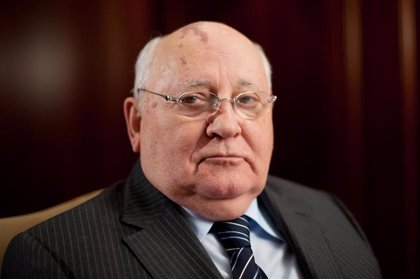Russian local media reported that, on the eve of his death, the also former president of that multinational country arrived at the health center to undergo hemodialysis, since he had kidney problems.
Gorbachev was awarded the Nobel Peace Prize in 1990, considered one of the most prominent and controversial Eurasian political figures of the 20th century.
He headed the USSR during its last seven years of existence as general secretary of the Central Committee of the Communist Party (1985-1991), the sixth in the history of the state and as president of that country (1990-1991).
The former president assured he wanted to reform the USSR, but he ended up “lighting up” its end, according to experts, and has legions of supporters and detractors.
The former consider him a reformer who brought freedom and democracy to a hermetic country and created the concepts of glasnost (transparency and freedom of expression) and perestroika (reconstruction, reform).
For the latter, he is simply responsible for the end of a superpower. Mikhail Gorbachev was born on March 2, 1931 in Privólnoye, in the Stavropol region, in southwestern Russia, to a peasant family. At the age of 13 he started working on a collective farm and two years later he was already driving harvesting machines.
In 1950 he entered the Faculty of Law at the Moscow State University and in 1952 he joined the Communist Party. On March 11, 1985, Gorbachev was elected General Secretary of the Central Committee of the Communist Party of the USSR, thereby becoming the country’s supreme leader.
ef/rgh/odf










